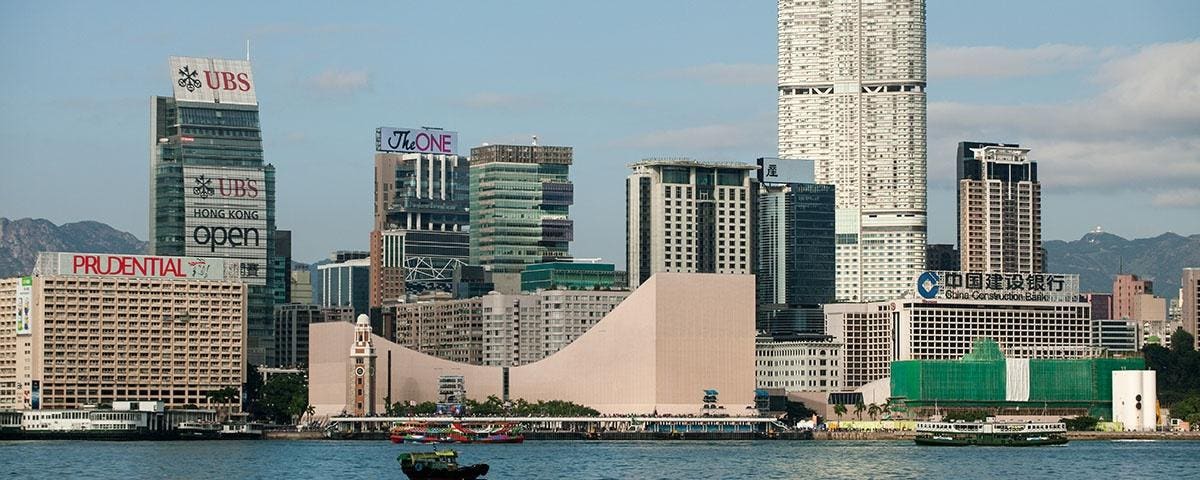Key News
Asian equities experienced historic equity drops overnight, led lower by Japan’s Topix, which fell -12.23%, Taiwan, which fell -8.35%, and South Korea, which fell -8.35%, driven by Japan’s BOJ tightening as the Yen appreciated +2.62% overnight and Friday’s weak US economic numbers, raising the specter of a hard landing.
The Yen carry trade, which refers to borrowing at no cost in Yen and then investing in risk assets, is being viciously unwound, hitting crowded global trades in US stocks, global tech, semiconductors, and AI plays. Reports that Berkshire Hathaway cut their Apple stake by 50% were widely publicized in the region, fueling the downdraft and raising questions on the Oracle of Omaha’s conservative positioning.
The State Council released a piece titled “On Promoting High-Quality Development of Service Consumption,” outlining 20 policies to “optimize and expand service supply, release the potential of service consumption,” though it lacked firm policies.
Hong Kong and Mainland China are the furthest things from an overweight/crowded trade, though they were not immune to the downdraft. However, they did not fall nearly as much as their regional peers, nor did they close at intra-day lows as they rallied off the lows in the afternoon. The Hang Seng and Hang Seng Tech fell -1.46% and -1.36% on volume that increased +34.34% from Friday, which is 133% of the 1-year average on poor breadth. Hong Kong’s most heavily traded stocks by value were Tencent, which fell -0.45%, energy giant CNOOC, which fell -6.37%, HSBC, which fell -5.63%, Meituan, which gained +2.69%, and Alibaba, which fell -1.53%. Within the 20 State Council policies was “digital consumption”, which may have helped internet stocks. Remember that Hong Kong-listed internet stocks are not technology stocks thus sparing them some pain.
Semiconductors and the Apple ecosystem were smoked as SMIC fell -5.27%, Sunny Optical fell -5.72%, and AAC Technologies fell -6.35%. Real estate outperformed in Hong Kong, where it gained +0.88%, and Mainland China, which gained +1.11% on urbanization policy support. The renminbi appreciated versus the US dollar, which mitigated the fall in Mainland stocks. In theory, that would also help the US-listed China stocks (ADRs), as they are now worth more with the renminbi’s strength versus the US dollar.
For domestic Chinese investors, it was an ugly day as Shanghai, Shenzhen, and the STAR Board fell -1.54%, -2.08%, and -2.94%, respectively. I suspect local investors have exposure to the markets’ being hit, which would weigh on sentiment. National Team ETFs had above average volumes with afternoon volumes increasing as the market weakened, indicating support. It was a very light news day otherwise.
It is interesting that many are calling for an emergency US Fed interest rate cut. Not to get over my skis but wouldn’t that weaken the US dollar, exacerbating the Yen’s appreciation and thus pressuring risk assets further? Thinking out loud.
The Hang Seng and Hang Seng Tech indexes fell -1.46% and -1.36%, respectively, on volume that increased +34.34% from Friday, which is 133% of the 1-year average. 86 stocks advanced while 414 declined. Main Board short turnover increased +26.19% from Friday which is 120% of the 1-year average as 16% of turnover was short turnover (HK short turnover includes ETF short volume, which is driven by market makers’ ETF hedging). Value and small caps “outperformed”/fell less than growth and large caps. Top sectors were staples +1.87%, real estate +0.88% and healthcare +0.87% while energy -3.76%, utilities -2.24% and materials -2.22%. Top sub-sectors were food/beverage, real estate and consumer services while media, energy and semis were the worst. Southbound Stock Connect volumes were moderate as mainland investors bought $427mm of HK stocks and ETFs with Tencent a moderate/large net buy and SMIC a moderate net buy while Meituan was small net sell.
Shanghai, Shenzhen and STAR Board fell -1.54%, -2.08% and -2.94% on volume +9.52% from Friday which is 97% of the 1-year average. 525 stocks advanced while 4,471 declined. Value and large caps “outperformed”/fell less than growth and small caps. Top sectors were staples +2.63%, healthcare +1.2% and real estate +0.98% while tech -3.02%, energy -1.11% and materials -0.81%. Top sub-sectors were education, liquor and airports while computer hardware, electronic components and communication equipment were the worst. Northbound Stock Connect volumes were moderate as foreign investors with Kweichow Moutai a small net buy, DBSJ and Eoptolink moderate net buys while Midea Group a moderate net sell, Haier and Cypc small net sells. CNY and the Asia dollar index gained versus the US dollar. Treasury curve steepened. Copper fell while steel gained.
Upcoming Webinar
Join us on Thursday, August 8th at 1 pm EDT for:
Overview of Hedgeye’s Proprietary Risk Range™ Signals & A New ETF To Help Manage Risk In US Equities
Please click here to register
Join us on Thursday, August 15th at 11 am EDT for:
The Road to Artificial General Intelligence & Investment Opportunities from the AI Ecosystem
Please click here to register
New Content
Read our latest article:
China’s Fintech Ecosystem Update: A New Era?
Please click here to read
Last Night’s Performance
Last Night’s Exchange Rates, Prices, & Yields
- CNY per USD 7.13 versus 7.21 Friday
- CNY per EUR 7.81 versus 7.81 Friday
- Yield on 10-Year Government Bond 2.14% versus 2.13% Friday
- Yield on 10-Year China Development Bank Bond 2.20% versus 2.20% Friday
- Copper Price: -1.19%
- Steel Price: 0.39%
Read the full article here





